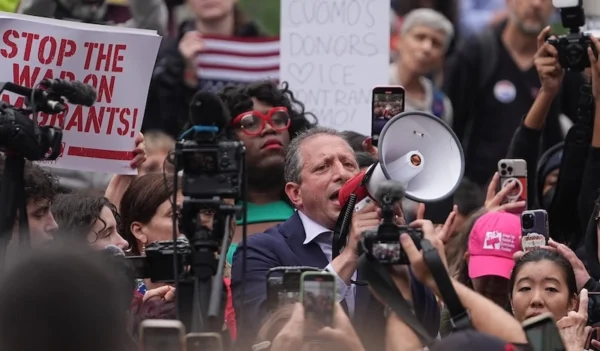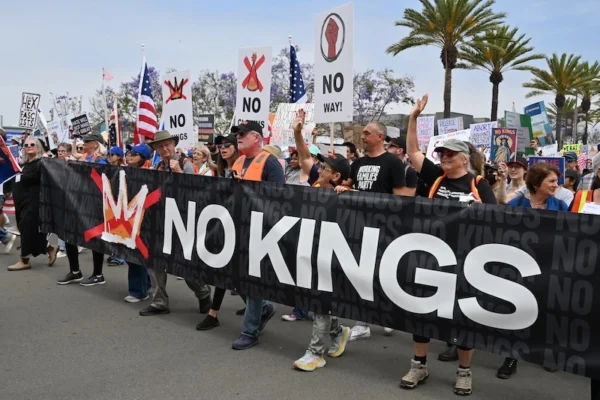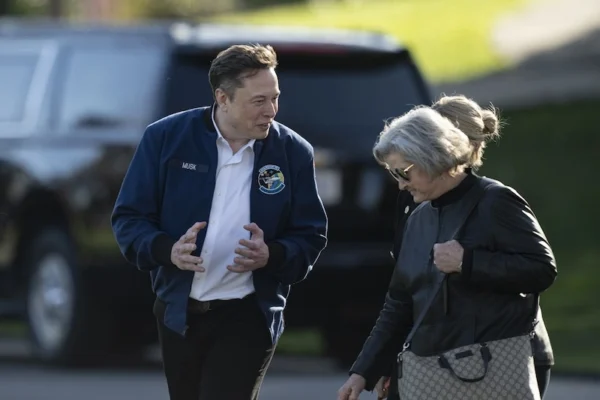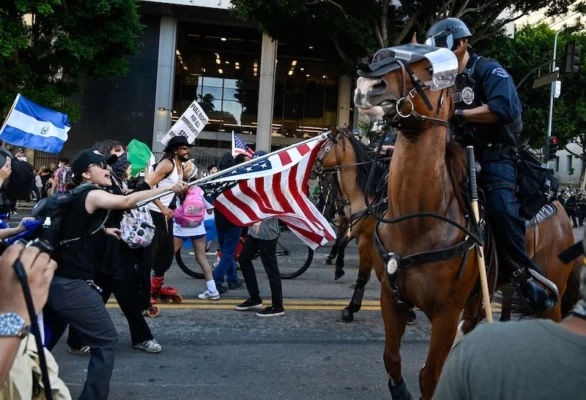ISIS and the Fight for the Region
The invasion of Mosul by Islamic State of Iraq and the Levant fighters last week set off an extensive debate regarding the organization, its strategy and long-term goals in the region. Many countries in the West, including the U.S., started to talk about the intelligence failures that took place during the rise of ISIS in Central and Northern Iraq. In particular the failure by intelligence agencies to project the capture of Mosul by ISIS sparked discussions about the organization, its operations and potential new targets.
ISIS operations, especially in Northern Iraq not only led to debates about a potential civil war in the region, especially after the statement by the spokesperson of ISIS and the subsequent fatwa by Ayatollah Sistani to fight against ISIS, but also generated a major security risk and potential geopolitical destabilizer in the region. This new security environment may lead to new alliances and re-alignments in the security architecture of the Middle East. However, these reactive alliances and alignments will only be a small part of the solution regarding the ISIS problem in the long run. To deal with ISIS necessitates a more comprehensive and long-term strategy that takes into account the motivations, goals, organization, demography and strategies of ISIS.
ISIS, especially after its recent organized and disciplined attacks, proved that it is different from other mainstream terrorist organizations. First of all, today we are witness to an organization that claims statehood and would like to capture not only the monopoly of the state to use violence but also some other functions of the state including taxing and regulating social and economic life in the regions under its control. Contrary to its initial goals, today the goal of ISIS is not attacking particular targets or irritating enemy forces but more generally attacking and capturing territories and extending its control to these areas in order to reach its desired boundaries. In fact, recent reports on the organizations demonstrate that especially since its operations in the Syrian civil war, ISIS has formed a more flexible structure in terms of its technical abilities, tactical capabilities and procedures. With their fight in Iraq and Syria, a multilayered ISIS started to emerge which has some dimensions that are more unconventional, including the continuation of suicide attacks and targeted assassinations and some other sides which are mimicking more conventional organizations, such as the publication of a yearly activity report. Meanwhile, the organization transformed itself from a local branch of al-Qaeda to a separate transnational organization, especially in terms of recruitment, that challenges al-Qaeda itself. This flexibility in terms of tactics and operations greatly challenges the level of flexibility of security and intelligence agencies of nation states.
The difficulty with dealing with ISIS is also partly because of its demographics which has a lot to do with the use of multiple strategies. The members of ISIS comprise both newly recruited and more dynamic forces as well as more seasoned fighters that have been on the ground for years now.These two groups have been completing each other’s activities. [JM1] On top of that, the new claims regarding the participation of some of the former Baath generals in the organization lends a more conventional military characteristic to the organization. Thus, while trying to deal with ISIS, the security forces have to follow multiple strategies at the same time that can challenge the tactical layers of these different groupings. While a counter-insurgency strategy would be necessary to deal with this organization, it has to be revised to include necessary means to handle a more disciplined and conventional enemy at the same time.
Of course these are only military measures that need to be taken into account to deal with ISIS. A more significant and challenging task would be to achieve some political solutions that would weaken the organization. On the one hand in order to decrease the support of local groups and tribes to the organizations, the Iraqi government has to make some revisions to its current policies that openly discriminate against moderate Sunni groups. Maliki government’s current policies have been helping ISIS and similar organizations to recruit local people and gain grassroots support in these regions. On the other hand, the international recruitment of ISIS needs to be slowed down, probably most effectively through a solution to the Syrian crisis. In recent years the civil war in Syria has been the most significant propaganda tool for the organizations to recruit personnel from different parts of the world.
In the absence of these political and diplomatic solutions, even though a military strike or an operation can weaken ISIS, the organization will continue to exploit the grievances of the people in Iraq and the civil war in Syria. In fact, the regrowth of ISIS in Iraqi after the Syrian civil war demonstrates that in order to effectively challenge the funding and human source of ISIS, those two solutions need to be adopted simultaneously and in conjunction with limited military operations.
This article was originally published in Daily Sabah on June 16, 2014.




















